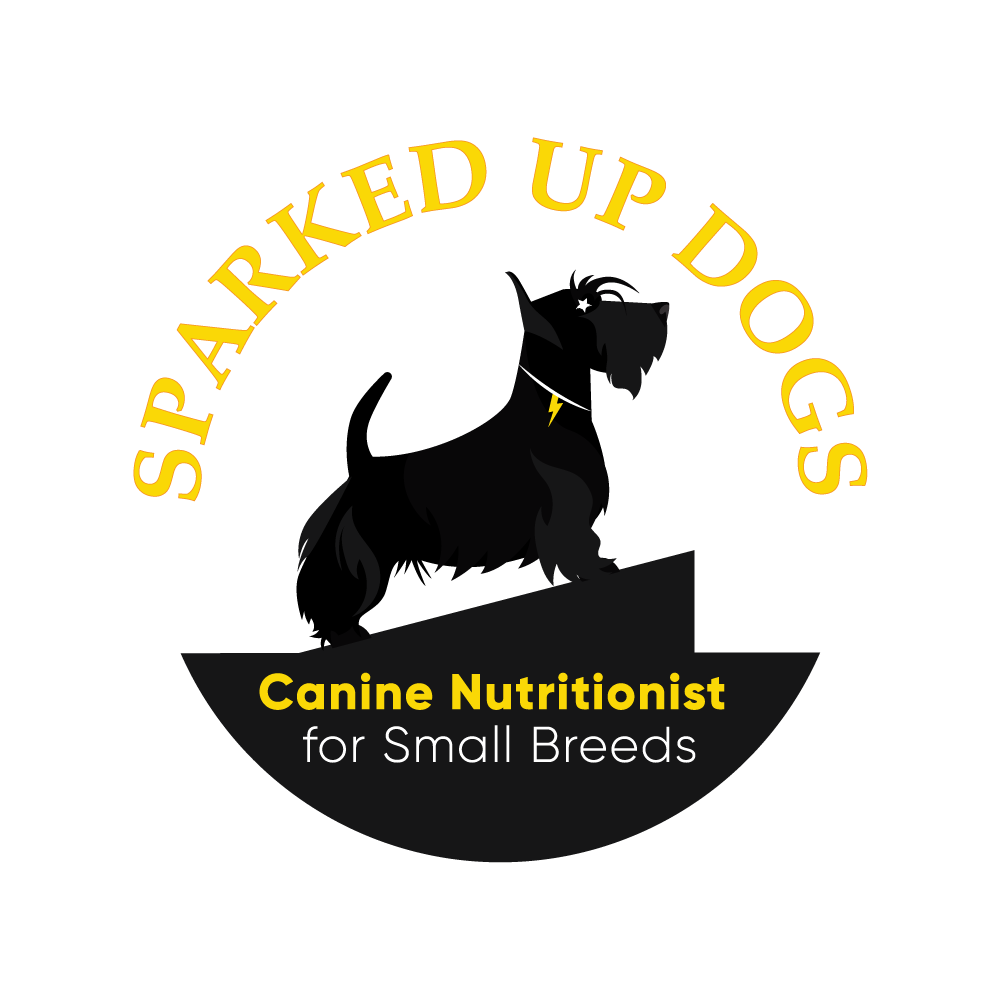Seasonal Dog Care Tips for Small Breeds | Fall Health Guide
Seasonal Dog Care Tips for Small Breeds – Keeping Your Dog Healthy from Summer to Fall
As summer fades and autumn arrives, the crisp air and colorful leaves bring a refreshing change of pace. For small breed dogs, however, this seasonal transition can pose unique challenges. From cooler temperatures to seasonal allergies, pet parents need to make thoughtful adjustments to keep their pups healthy and comfortable.
Here are seasonal dog care tips for small breeds to help your furry friend thrive as the weather shifts from summer to fall.
Adjusting to Cooler Temperatures
While cooler weather feels like a relief after summer heat, small dogs - especially Chihuahuas, Yorkies, and Dachshunds - often feel the chill faster. With less body mass and thinner coats, they’re more vulnerable to cold air.
Light layers help – A lightweight sweater or jacket makes early morning and evening walks more comfortable.
Watch for signs of discomfort – Shivering, reluctance to go outside, or curling up tightly indoors may signal your pup is too cold.
Supporting Your Dog’s Nutrition in Fall
Seasonal changes affect more than just temperature—your dog’s diet may need a refresh, too. A nutrient-rich, immune-supporting diet helps protect against seasonal bugs and supports skin and joint health.
Immune-Boosting Foods for Dogs
Pumpkin – Rich in fiber, vitamins A and C, and antioxidants. Add a spoonful of plain canned pumpkin (no sugar or spices) to support digestion and immunity.
Turmeric – A natural anti-inflammatory with immune-boosting curcumin. Mix a pinch with coconut oil for better absorption.
Bone Broth – Full of collagen, glucosamine, and amino acids for joint and gut health. Serve warm for hydration and comfort.
Blueberries – Low-calorie, antioxidant-rich treats that support immunity and make a great meal topper.
Coconut Oil – Contains lauric acid with antibacterial and antifungal properties. Start with ¼ teaspoon for small dogs.
Healthy Fats for Skin and Coat
Dry fall air can leave small dogs with itchy skin and dull coats. Add omega-3 fatty acids (from fish oil or flaxseed oil) to keep skin hydrated and coats shiny.
Hydration Matters in Cooler Weather
Even when it’s not hot, dogs need plenty of fluids. Cooler air can be drying, and many small dogs drink less in fall.
Provide multiple water bowls around your home.
Refresh water often so it stays clean and appealing.
Offer room-temperature or slightly warm water - it’s often more inviting.
Add hydrating foods like cucumbers, wet food, or warm bone broth.
Stay Ahead of Flea & Tick Prevention
Just because summer is over doesn’t mean pests are gone. Ticks are often more active in the fall.
Check your dog’s coat after outdoor walks, especially in tall grass or wooded areas.
Keep up with grooming and brushing to spot pests early.
Support your dog’s immune system with fresh food—parasites often target weaker animals.
Try natural repellents (like Wondercide’s essential-oil-based sprays), but always choose pet-safe options.
Managing Seasonal Allergies in Dogs
Falling leaves and pollen can trigger allergies in sensitive pups. Watch for:
Excessive scratching
Watery eyes
Red or irritated skin
Supportive strategies:
Regular brushing and baths to remove allergens from the coat.
Omega-3 supplements to reduce inflammation.
Quercetin (“nature’s Benadryl”) to naturally calm allergy symptoms.
Keep Your Dog Active Indoors
Shorter days and unpredictable fall weather may limit outdoor time. Small dogs still need exercise and mental stimulation:
Play fetch or tug indoors.
Try puzzle toys and snuffle mats for brain work.
Teach new tricks for enrichment and bonding.
Set up a safe “indoor obstacle course” for fun movement.
Final Thoughts
Transitioning from summer to fall brings unique considerations for small breed dog care. By focusing on nutrition, hydration, warmth, pest protection, and activity, you’ll set your pup up for a healthy, happy autumn.
🍂 Want to take the guesswork out of seasonal feeding? A gently cooked, home-made diet can boost immunity, support digestion, and promote longevity.
👉 Schedule a consultation today for recipes and guidance tailored to your dog’s unique needs.
Disclaimer: This information is for educational purposes only and it is not intended to replace the services of a veterinarian. Always consult your veterinarian before making any changes to your dog’s diet.

